Intro
At 24 weeks of pregnancy, a woman is approximately six months along, and the fetus has undergone significant development. This period is crucial, as the fetus is preparing for life outside the womb. The 24th week is a milestone in fetal development, marking a point where the baby's chances of survival outside the womb increase significantly. Understanding the developments and changes that occur at this stage can provide valuable insights for expectant parents and healthcare providers.
During the 24th week, the fetus measures around 12 inches in length and weighs approximately 1.5 pounds. The baby's skin is still thin and translucent, but it's starting to thicken. Fat layers are forming, which will help regulate the baby's body temperature after birth. The fetus's skeleton, which was initially made of soft cartilage, is now gradually being replaced by bone tissue. This process, called ossification, is essential for the development of a sturdy skeletal system.
The 24th week is also a critical period for sensory development. The fetus's eyes are forming, and the retinas are starting to develop. Although the eyelids are still fused shut, the fetus can detect light and darkness. The ears are fully formed, and the fetus can detect sounds outside the womb. The fetus's skin is sensitive to touch, and it can detect movement and pressure. The sense of taste and smell are also developing, with the fetus being able to detect different flavors and odors in the amniotic fluid.
Fetal Development Milestones
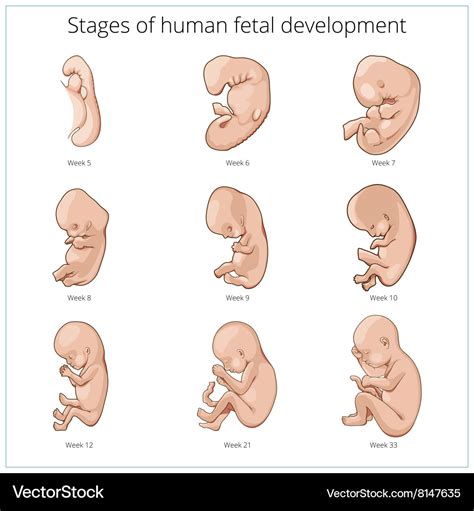
At 24 weeks, the fetus has reached several critical milestones. The baby's lungs are producing surfactant, a substance that helps them expand and contract properly after birth. The pancreas is producing digestive enzymes, and the liver is producing bile. The kidneys are functioning, and the fetus is producing urine, which is excreted into the amniotic fluid. The baby's brain is also developing rapidly, with the formation of nerve cells and synapses. The fetus's heart is pumping blood, and the circulatory system is functioning.
Physical Development
The fetus's physical development is also noteworthy. The baby's limbs are fully formed, and the fingers and toes are separated. The skin is starting to thicken, and fat layers are forming. The fetus's digestive system is practicing contractions, preparing for life outside the womb. The baby's head is still large compared to the body, but it's starting to proportion out. The fetus's hair, eyebrows, and eyelashes are starting to grow, and the nails are forming.Fetal Sensory Development
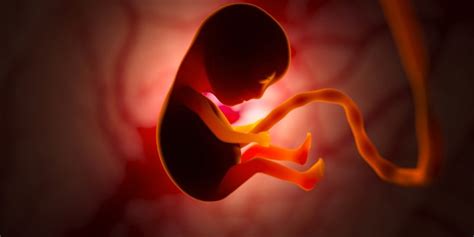
The fetus's sensory development is also advancing rapidly. The baby's eyes are sensitive to light, and the retinas are starting to develop. The ears are fully formed, and the fetus can detect sounds outside the womb. The fetus's skin is sensitive to touch, and it can detect movement and pressure. The sense of taste and smell are also developing, with the fetus being able to detect different flavors and odors in the amniotic fluid.
Cognitive Development
The fetus's cognitive development is also noteworthy. The baby's brain is developing rapidly, with the formation of nerve cells and synapses. The fetus is starting to learn and remember, with studies showing that babies can recognize their mother's voice after birth. The fetus is also starting to develop problem-solving skills, with the ability to adapt to changes in the environment.Pregnancy Symptoms at 24 Weeks
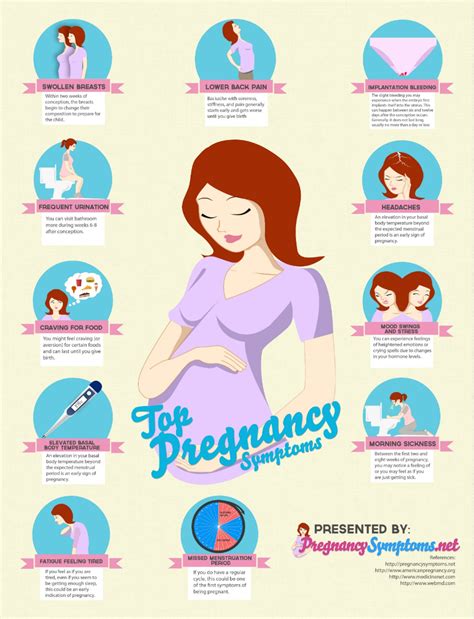
At 24 weeks, women may experience a range of pregnancy symptoms. These can include back pain, pelvic pressure, and Braxton Hicks contractions. Women may also experience mood swings, fatigue, and food cravings. The baby's movements may become more pronounced, with women feeling kicks, rolls, and jabs. Women may also experience skin changes, such as stretch marks, and hair growth.
Emotional Changes
The 24th week can also bring emotional changes for women. Hormonal fluctuations can cause mood swings, anxiety, and depression. Women may feel overwhelmed, stressed, or anxious about the upcoming birth and parenthood. It's essential for women to prioritize self-care, seek support from loved ones, and engage in activities that promote relaxation and stress reduction.Prenatal Care at 24 Weeks

At 24 weeks, prenatal care is critical. Women should attend regular check-ups with their healthcare provider to monitor the baby's growth and development. The healthcare provider may perform ultrasounds, blood tests, and other screenings to ensure the baby's health. Women should also prioritize self-care, engaging in activities that promote physical and emotional well-being.
Nutrition and Lifestyle
A balanced diet and healthy lifestyle are essential for fetal development. Women should focus on consuming nutrient-rich foods, including fruits, vegetables, whole grains, and lean proteins. Women should also stay hydrated, aiming for at least eight glasses of water per day. A healthy lifestyle, including regular exercise and stress reduction, can also promote fetal development and overall health.Complications and Risks
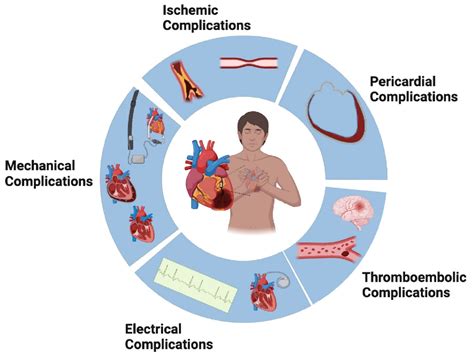
At 24 weeks, there are potential complications and risks to be aware of. Preterm labor, preeclampsia, and gestational diabetes are possible complications that can arise. Women should be aware of the signs and symptoms of these conditions and seek medical attention immediately if they experience any concerns.
Preterm Labor
Preterm labor is a significant concern at 24 weeks. Women should be aware of the signs and symptoms, including contractions, pelvic pressure, and vaginal bleeding. If women experience any of these symptoms, they should seek medical attention immediately.Support and Resources
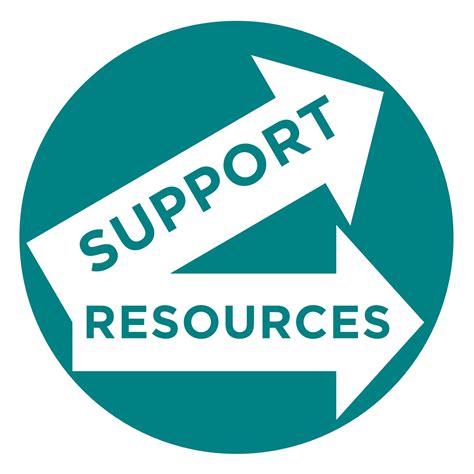
At 24 weeks, women may need support and resources to navigate pregnancy and parenthood. Healthcare providers, support groups, and online resources can provide valuable information and guidance. Women should prioritize self-care, seeking help when needed and engaging in activities that promote physical and emotional well-being.
Online Resources
Online resources, such as pregnancy apps and websites, can provide valuable information and support. Women can track their pregnancy, monitor fetal development, and connect with other expectant mothers. Online resources can also provide guidance on prenatal care, nutrition, and lifestyle.What are the chances of survival for a fetus at 24 weeks?
+The chances of survival for a fetus at 24 weeks are approximately 50-60%, with the baby's chances of survival increasing significantly with each passing week.
Can a fetus at 24 weeks survive outside the womb?
+Yes, a fetus at 24 weeks can survive outside the womb with proper medical care and support. However, the baby will require intensive care and may experience complications.
What are the potential complications for a fetus at 24 weeks?
+Potential complications for a fetus at 24 weeks include preterm labor, preeclampsia, and gestational diabetes. Women should be aware of the signs and symptoms and seek medical attention immediately if they experience any concerns.
As we conclude our exploration of fetal development at 24 weeks, it's essential to remember that every pregnancy is unique, and fetal development can vary from one baby to another. By understanding the milestones, symptoms, and potential complications, women can prioritize their health and well-being, ensuring the best possible outcome for their baby. We invite you to share your thoughts, experiences, and questions in the comments below, and don't forget to share this article with expectant mothers who may benefit from this valuable information.
